Ethalfluralin
- CAS NO.:55283-68-6
- Empirical Formula: C13H14F3N3O4
- Molecular Weight: 333.26
- MDL number: MFCD00078681
- EINECS: 259-564-3
- SAFETY DATA SHEET (SDS)
- Update Date: 2024-10-28 16:48:35
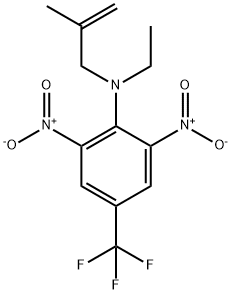
What is Ethalfluralin?
Chemical properties
Yellow-orange crystalline solid. Mild amine odor. Commercial products and mixtures may contain flammable carriers (such as xylene); these may be red-orange liquids with a mild aromatic odor.
The Uses of Ethalfluralin
Pre-emergent herbicide.
Definition
ChEBI: Ethalfluralin is a C-nitro compound.
Agricultural Uses
Herbicide: Ethalfluralin is a selective herbicide used for the pre-emergence control of annual grasses and broadleaf weeds in certain food and feed crops. Ethalfluralin may be used in growing a variety of grain, seed, and cucurbit crops. The greatest amounts of ethalfluralin are used in growing soybeans, dry beans, and sunflower seeds. Ethalfluralin is used only outdoors, in agriculture; no residential uses were registered. Not used in EU countries. Registered for use in the U.S.
Trade name
COMPOUND 94961®; COBEX®; EL 161®; ETHALFLURLIN®; SOMILAN®; SONALAN®; SONALEN®
Potential Exposure
Ethalfluralin is a 2,6-fluorodinitrotoluidine selective herbicide used for the pre-emergence control of annual grasses and broadleaf weeds in certain food and feed crops. Ethalfluralin may be used in growing a variety of grain, seed, and cucurbit crops. The greatest amounts of ethalfluralin are used in growing soybeans, dry beans, and sunflower seeds. Ethalfluralin is used only outdoors, in agriculture; no residential uses were registered. Not used in EU countries
Shipping
UN3082 Environmentally hazardous substances, liquid, n.o.s., Hazard class: 9; Labels: 9- Miscellaneous hazardous material, Technical Name Required. UN3077 Environmentally hazardous substances, solid, n.o.s., Hazard class: 9; Labels: 9-Miscellaneous hazardous material, Technical Name Required
Incompatibilities
Sensitive to heat. Dintroanilines can be explosive and are strong oxidizers. Contact with reducing agents, other strong oxidizers or, nitrosylsulfuric acid may cause fire or explosion
Waste Disposal
Do not discharge into drains or sewers. Dispose of waste material as hazardous waste using a licensed disposal contractor to an approved landfill. Contact a licensed disposal facility about surplus and nonrecyclable solutions. Burn in a chemical incinerator equipped with an afterburner and scrubber. Extra care must be exercised as the material in an organic solvent is highly flammable. Consult with environmental regulatory agencies for guidance on acceptable disposal practices. Incineration with effluent gas scrubbing is recommended. Containers must be disposed of properly by following package label directions or by contacting your local or federal environmental control agency, or by contacting your regional EPA office. Do not reuse container
Properties of Ethalfluralin
| Melting point: | 54-57° |
| Boiling point: | 368.6±42.0 °C(Predicted) |
| Density | 1.3855 (estimate) |
| storage temp. | 0-6°C |
| solubility | Chloroform (Slightly), Methanol (Slightly) |
| form | Solid |
| pka | -1.76±0.50(Predicted) |
| color | Yellow |
| Water Solubility | 0.2mg/L(25 ºC) |
| Merck | 13,3754 |
| NIST Chemistry Reference | Ethalfluralin(55283-68-6) |
| EPA Substance Registry System | Ethalfluralin (55283-68-6) |
Safety information for Ethalfluralin
| Signal word | Warning |
| Pictogram(s) |
 Exclamation Mark Irritant GHS07  Environment GHS09 |
| GHS Hazard Statements |
H332:Acute toxicity,inhalation H400:Hazardous to the aquatic environment, acute hazard |
| Precautionary Statement Codes |
P273:Avoid release to the environment. |
Computed Descriptors for Ethalfluralin
New Products
4-AMINO-TETRAHYDRO-PYRAN-4-CARBOXYLIC ACID HCL 4-(Dimethylamino)tetrahydro-2H-pyran-4-carbonitrile 4-Aminotetrahydropyran-4-carbonitrile Hydrochloride (R)-3-Aminobutanenitrile Hydrochloride 3-((Dimethylamino)methyl)-5-methylhexan-2-one oxalate 1,4-Dioxa-8-azaspiro[4.5]decane 5-Bromo-2-nitropyridine Nimesulide BP Aceclofenac IP/BP/EP Diclofenac Sodium IP/BP/EP/USP Mefenamic Acid IP/BP/EP/USP Ornidazole IP Diclofenac Potassium THOMAIND PAPER PH 2.0 TO 4.5 1 BOX BUFFER CAPSULE PH 9.2 - 10 CAP SODIUM CHLORIDE 0.1N CVS ALLOXAN MONOHYDRATE 98% PLATINUM 0.5% ON 3 MM ALUMINA PELLETS (TYPE 73) LITHIUM AAS SOLUTION 2-Bromo-1-(bromomethyl)-3-chloro-5-nitrobenzene 2-Bromo-3-nitroaniline N-(3-Hydroxypropyl)-N-methylacetamide 3-Bromo-6-chloropyridazine 4-ethyl-3-nitrobenzoic acidRelated products of tetrahydrofuran
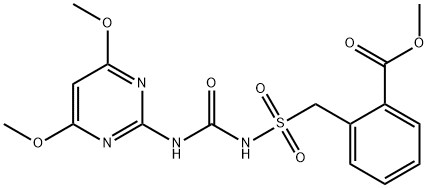
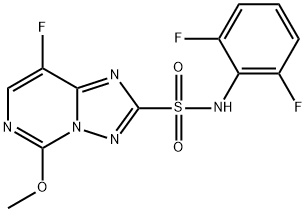
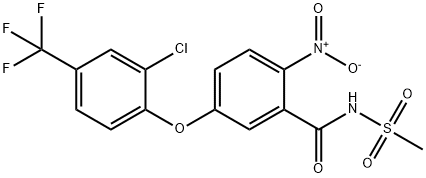
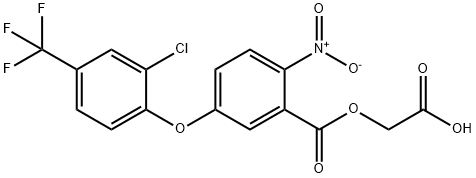

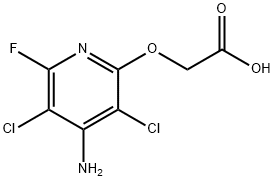
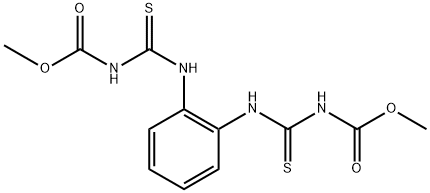
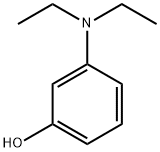
You may like
-
 Ethalfluralin CAS 55283-68-6View Details
Ethalfluralin CAS 55283-68-6View Details
55283-68-6 -
 1-Methyl-6-oxo-1,6-dihydropyridazine-3-carbonitrile 98%View Details
1-Methyl-6-oxo-1,6-dihydropyridazine-3-carbonitrile 98%View Details
99903-60-3 -
 1823368-42-8 98%View Details
1823368-42-8 98%View Details
1823368-42-8 -
 2-(3-(tert-butyl)phenoxy)-2-methylpropanoic acid 1307449-08-6 98%View Details
2-(3-(tert-butyl)phenoxy)-2-methylpropanoic acid 1307449-08-6 98%View Details
1307449-08-6 -
 Ethyl 3-(furan-2-yl)-3-hydroxypropanoate 25408-95-1 98%View Details
Ethyl 3-(furan-2-yl)-3-hydroxypropanoate 25408-95-1 98%View Details
25408-95-1 -
 2-Chloro-5-fluoro-1-methoxy-3-methylbenzene 98%View Details
2-Chloro-5-fluoro-1-methoxy-3-methylbenzene 98%View Details
1805639-70-6 -
 1784294-80-9 98%View Details
1784294-80-9 98%View Details
1784294-80-9 -
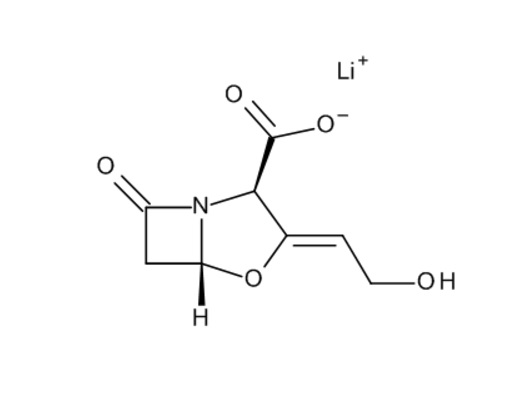 Lithium ClavulanateView Details
Lithium ClavulanateView Details
61177-44-4